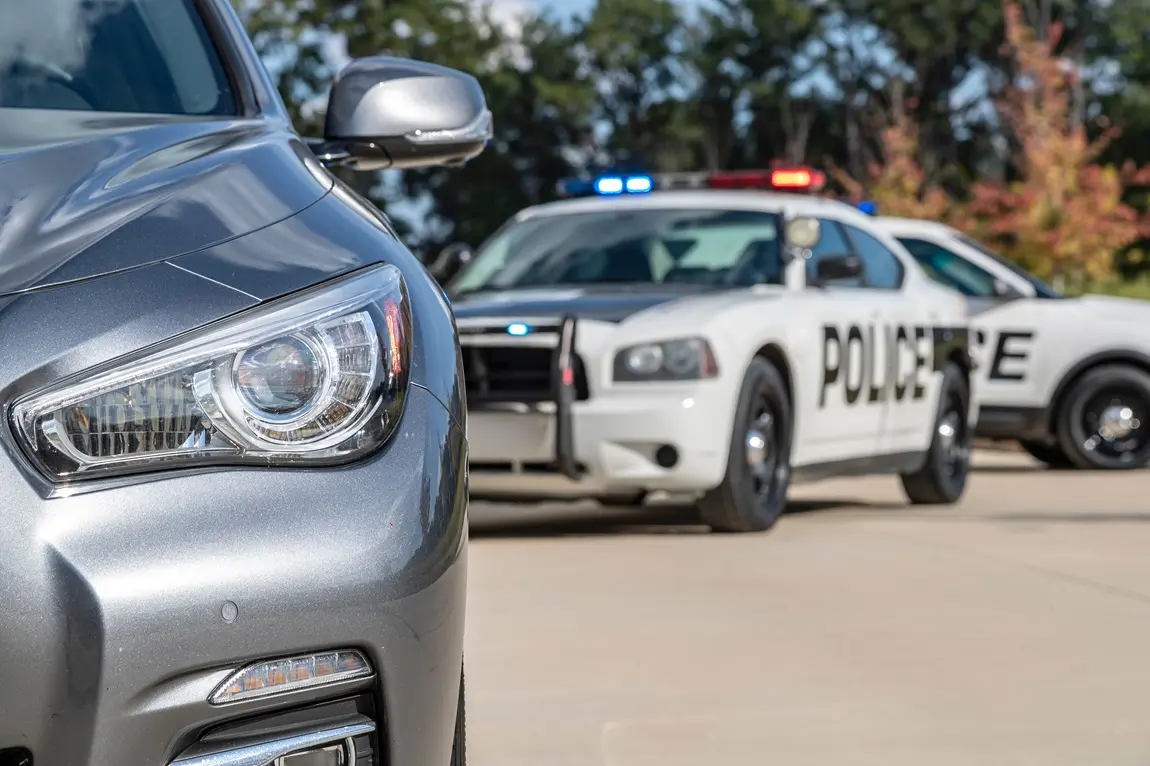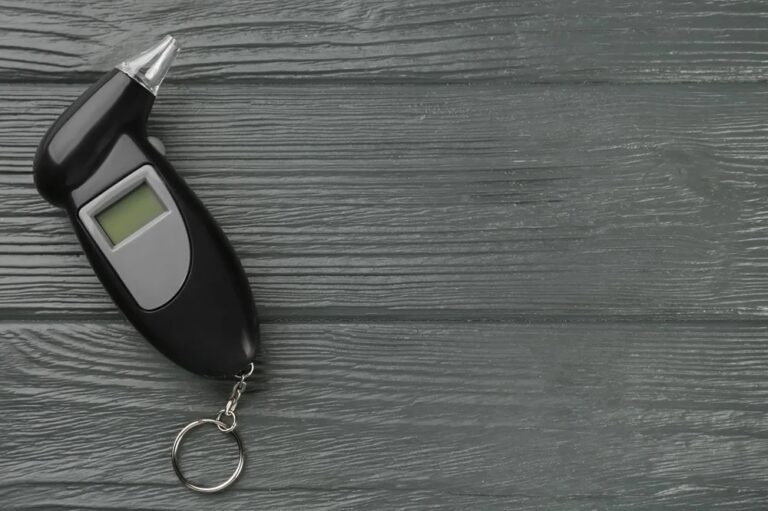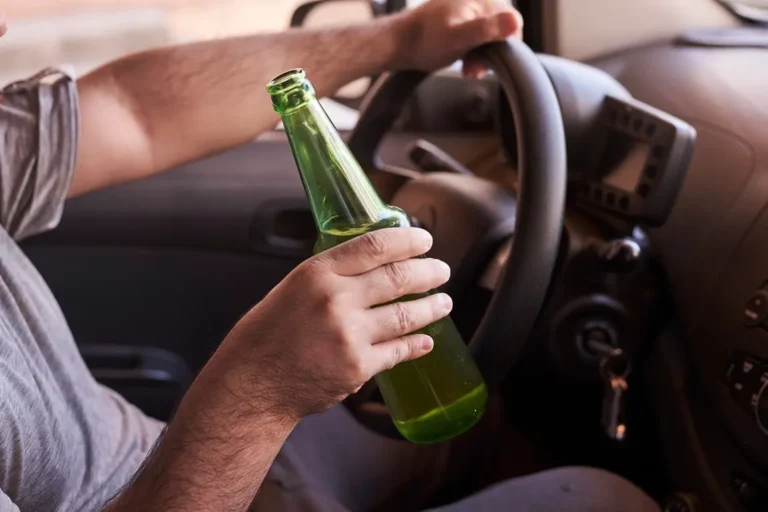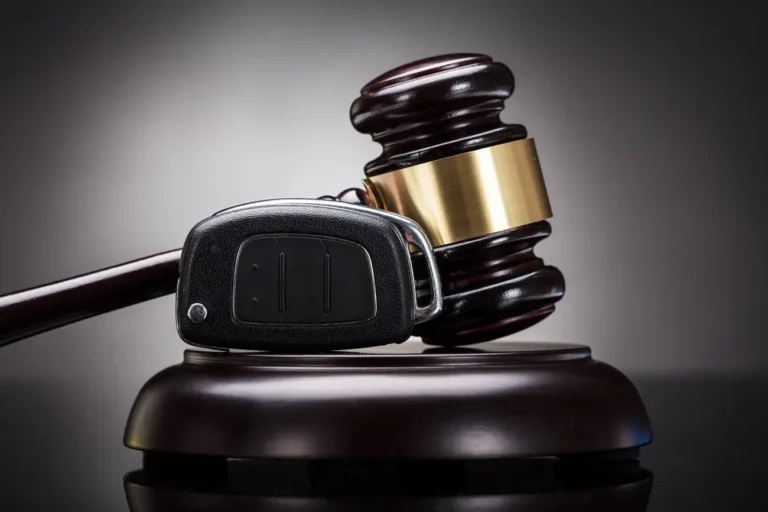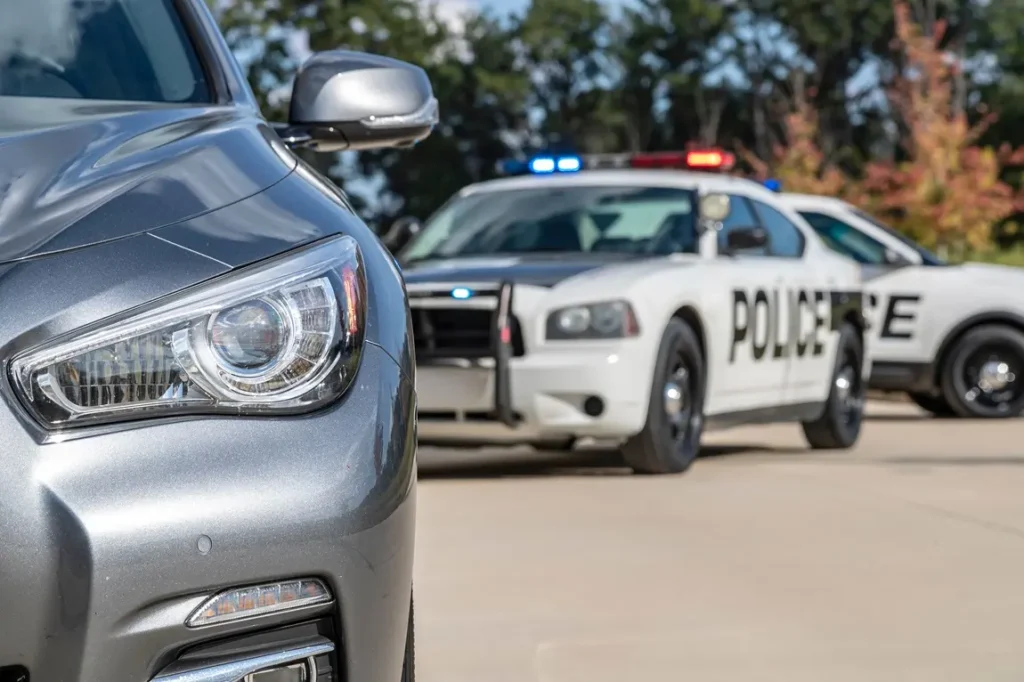
DUI checkpoints pop up regularly and tend to save lives. However, just because these checkpoints save lives does not mean law enforcement officers have unlimited powers during a checkpoint search. They are required to obey certain rules at DUI checkpoints in Ohio. If they don’t, the evidence they seize may be thrown out.
Dayton DUI/OVI lawyers defend motorists who have been caught at DUI checkpoints and help them achieve the optimal outcome for their circumstances.
Ohio DUI Checkpoints: The Basics
Sobriety checkpoints have long been used in Ohio and throughout the country to stop impaired driving accidents. Early on, they were challenged as being unconstitutional.
However, the Supreme Court disagreed in Michigan Dept. of State Police vs. Sitz, saying they are legal as long as they are conducted in a manner consistent with the Constitution. This requires officers to take special steps regarding the checkpoint location as well as how it’s operated.
For example, officers must operate the checkpoint without engaging in racial or any other type of discrimination. If it is found that a checkpoint was only stopping motorists of a certain race, the checkpoint would likely violate the Constitution.
Upcoming Ohio DUI Checkpoints Notifications
Checkpoints save lives and deter drunk driving. However, they are disruptive and potentially dangerous if not executed safely and reasonably.
To prevent accidents from occurring, the Ohio State Patrol or other law enforcement agencies will typically announce the checkpoint well in advance of the day it is to take place. Generally, checkpoints take place most often around the holidays and weekends.
Roadblock announcements are typically published in various media and social media outlets, such as newspapers, radio, Facebook, and Instagram. Found in these announcements are the date, time, and location of the checkpoint.
Call 937-222-1515 for a free consultation and case review with top Dayton DUI lawyers at Gounaris Abboud.
How to Identify an OVI Checkpoint?
Law enforcement typically makes DUI checkpoints fairly visible for motorists. Officers use reflective markers, cones, and various types of lighting, such as flares and spotlights, to delineate the sobriety checkpoint areas and boundaries. Keep in mind that once you come upon and enter a checkpoint, you are legally required to drive through it.
Can You Turn Around If You See a DUI Checkpoint?
Yes, you are permitted to turn around if you see a checkpoint up ahead. However, if you have already entered the checkpoint area, you are not permitted to turn around and must continue through.
Remember to follow all traffic rules when turning around, and please note that your actions may be seen as suspicious, and law enforcement may monitor you once you skirt a checkpoint.
What to Expect During an OVI Checkpoint
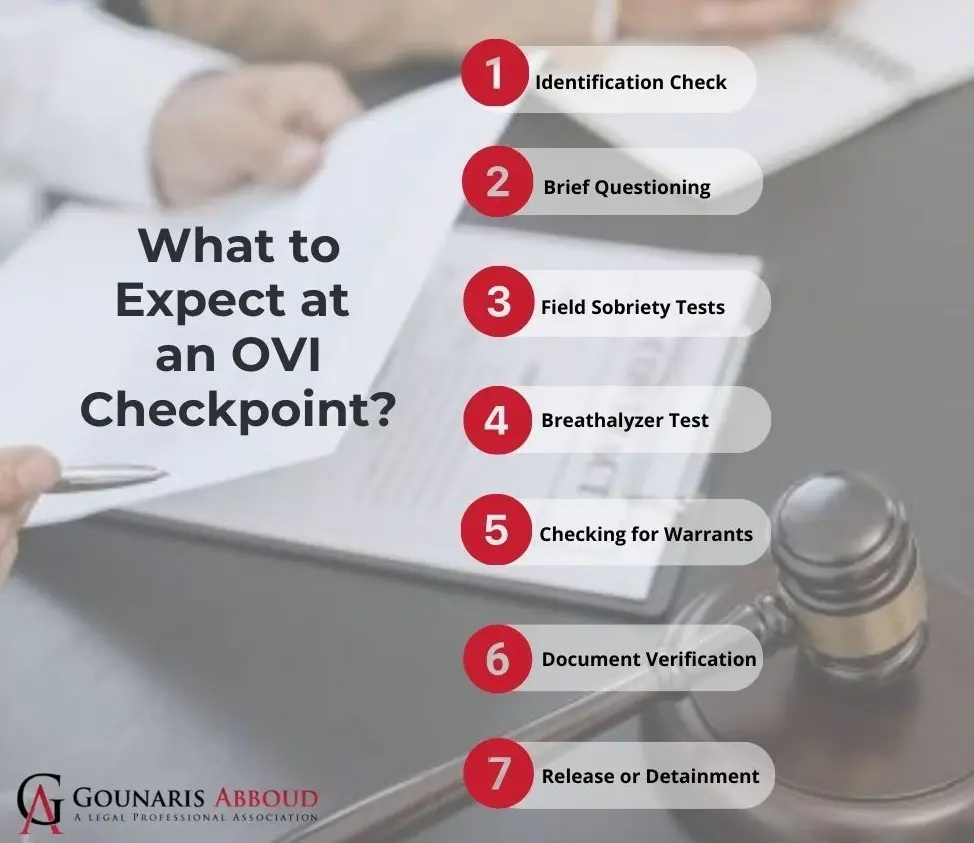
Checkpoints are usually run in similar fashions and will typically include the following steps and actions:
- ID check: Officers will ask for your driver’s license, registration, and insurance;
- Questioning: Officers may pose a few questions about where you are going, where you came from, and if you have had anything to drink. The 5th Amendment gives you the right to remain silent;
- Field sobriety test: If the officer suspects you are impaired, they may have you exit your vehicle to perform a field sobriety test, which may consist of standing on one leg or walking heel-to-toe in a straight line. Police officers will score your performance and likely take action if you fail. You are entitled to refuse the test, but other consequences will likely follow if you do;
- Breathalyzer test: If the officer handling your situation further suspects you to be impaired, they will administer a breathalyzer test to measure your blood alcohol content (BAC). You may also refuse to take this test. However, doing so will result in an automatic license suspension due to Ohio’s implied consent laws;
- Warrants check: If you are arrested, the police will run your name for outstanding warrants. They may also do this when they first pull you over and request your license;
- Document verification: Document verification allows the police to review your documents, including registration and driver’s license, to ensure they are valid and belong to the driver;
- Detainment or release: At the end of every checkpoint is usually either a detainment or a release. You will be released if the police have no reason to suspect that you have been drinking and driving or have committed another crime. You will also be released if you pass the field sobriety test or the breathalyzer test.
In every case, it works in the motorist’s favor to remain calm at DUI checkpoints and to follow officers’ orders to the letter. If you are detained and believe it was an error, an experienced OVI attorney can help. Reach out immediately to receive the strongest defense against your charges.
Know Your Rights at DUI Checkpoints
You have rights you should be aware of when you enter a DUI checkpoint.
- Right to remain silent: The 5th Amendment provides you the right to remain silent, even at DUI checkpoints. You have to provide your license and registration but do not have to answer questions;
- Fourth amendment protections: If the police want to search you at a DUI checkpoint, they must have a warrant, or there must be an exception to the warrant requirement, such as a search incident to arrest;
- Probable cause: Police officers need probable cause to arrest or search you. At a DUI checkpoint, probable cause typically comes from evidence of impairment, such as BAC results indicating impairment (.08% or higher), failing a field sobriety test, or some other crime. For instance, if the police see that you have illegal drugs at a checkpoint, they have probable cause to arrest you;
- Right to legal representation: If the officers arrest you at a checkpoint, you have the right to seek counsel and should remain silent until you meet with them;
- Right to record the encounter: In many jurisdictions, people have the right to record police encounters. In Ohio, motorists have this right at checkpoints but should never seek to interfere with an officer discharging their duties.
Violations of these or other rights could lead to evidence being thrown out and your charges being dismissed.
Can I Refuse Field Sobriety Tests?
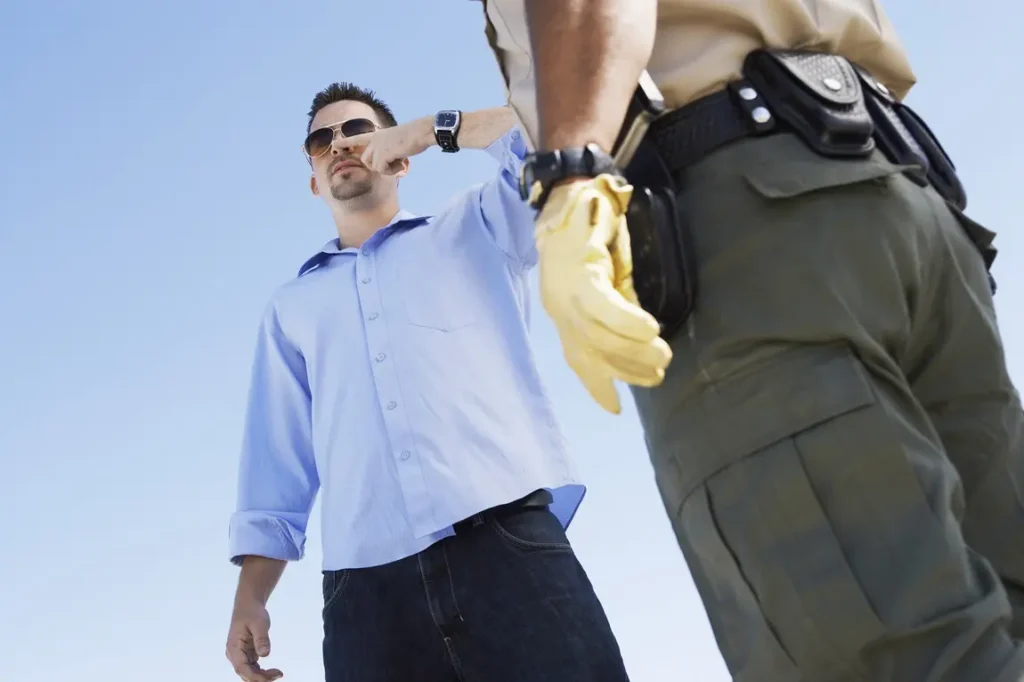
Yes. You have the right to refuse to take a field sobriety test. They are voluntary and are strictly used as a tool by law enforcement to collect evidence of probable cause. Many attorneys actually recommend that you do not submit to a test because the results could lead to you being arrested for DUI even when you are not impaired.
Officers scrutinize your performance during these tests for “mistakes” and automatically interpret a stumble or any type of slip-up as evidence of drunk driving. A simple trip could be used against you in an OVI charge.
For example, if you have a medical condition or are not very physically fit, you may have a difficult time performing the test and may want to consider declining. Stress from being around the police or in fast-moving traffic may also cause you to perform the test poorly.
Remember that if you decide not to submit to the test, you will not face any legal consequences. The officer cannot arrest you or detain you for simply refusing to participate in a field sobriety test.
However, if the officer has other evidence of your impairment, such as slurred words, erratic driving, or the smell of alcohol on you, you can still be arrested. They don’t need the evidence from a field sobriety test to effectuate an arrest.
Can I Refuse the Breathalyzer Test?
If the police arrest you at a sobriety checkpoint, it means they have circumstantial evidence that you were driving impaired. Field sobriety tests may suggest you are drunk, but the results of these tests are frequently suspicious at best. To get direct evidence of your impairment, they will request you take a breathalyzer test.
You can refuse a breathalyzer test in Ohio. However, you will face serious legal consequences if you do. It is important to always remember that Ohio is an implied consent state, which means that all drivers in Ohio have legally consented to submit to a breathalyzer test if suspected of drunk driving.
The police must still have articulable suspicion that you are driving drunk before you have to submit.
If you refuse, the following consequences are on the table:
- License suspension: Your license will be administratively suspended for one year for a first-time refusal and two years for a second refusal;
- Refusal used as evidence of guilt: Your refusal can be used by the prosecutor as evidence of your guilt in certain circumstances;
- Tested anyway: In Ohio, police may ultimately compel you to submit to a chemical test by force. If they do, they must use reasonable means.
You may also face up to six months in jail, fines up to $1,075, mandatory rehabilitation, and the installation of an ignition interlock device on your vehicle. If you are dealing with a situation involving a refusal to test, contact an experienced OVI attorney immediately.
Let the OVI/DUI defense attorneys at Gounaris Abboud defend you against your charges. Call today for a free consultation.
What Should You Do at DUI Checkpoints?
When you enter a DUI checkpoint, follow directions given by the officer directing traffic.
Once you are being attended to by an officer:
- Come to a stop: Approach the checkpoint slowly and come to a stop if directed to do so. Failure to stop will result in serious charges;
- Provide documents: The officer will request your driver’s license, registration, and proof of insurance. These should always be at the ready whenever you drive;
- Cooperate: Always cooperate when law enforcement officers are engaged in their basic duties. You don’t have to answer questions, but you should comply with reasonable orders;
- Answer questions: You have the right to remain silent, but answering a few questions may not be the worst idea and may get you through the checkpoint more smoothly.
Remember to drive away slowly when leaving OVI checkpoints.
What to Do If Arrested at a DUI Checkpoint
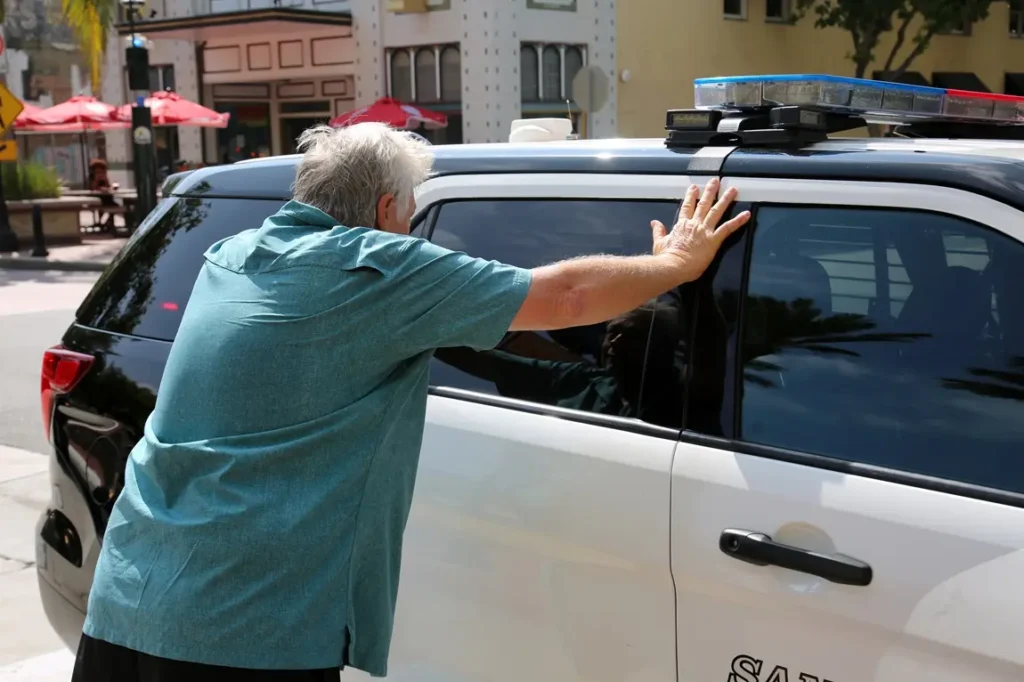
If the police decide to arrest you for OVI at a DUI checkpoint:
- Remain calm and don’t resist;
- Provide law enforcement with any driving documents requested;
- Exercise your right to remain silent and prevent the police from acquiring evidence against you;
- Make note of the officer’s actions and procedures when arresting you and searching your vehicle;
- Contact an attorney as soon as you have access to a phone.
Whether you agree with the arrest or not, you should not fight the officer if they decide to arrest you. The legality of the arrest will have to be challenged later by your lawyer. Additionally, you should remember that every word you say can be used against you. Even the manner in which you speak can be used against you.
If the police ask you if you have been drinking, and you say yes, they now have evidence that you have been drinking. You can simply say that you chose to exercise your right to remain silent. The only person you should speak to after an arrest is your OVI defense lawyer.
Discover Our Latest Case: Recent Case: OVI Charge in Dayton, Ohio
The University of Dayton Student Charged with OVI
Failed Field Sobriety Test
THE FACTS: Our Client was a student at the University of Dayton and was traveling on Evanston Avenue on campus. Police indicate that our client was pulled over after they went through a stop sign. Our client was able to properly provide a valid driver’s license, registration, and proof of insurance. Police claim a strong odor of alcohol came from our client, and that our client had slurred speech and glassy and bloodshot eyes. As a result, our client was removed from the car and completed a field sobriety test.
The officer claimed that our client performed poorly on the standardized field sobriety tests and arrested our client, charging an OVI. At the police station, our client completed a chemical breath test, which indicated a blood-alcohol level of .208. Despite this being the first time our client had ever been arrested, and because of the “high tier” test, our client was facing six (6) days in jail (with 3 mandatory days in jail and 3 days in a treatment program) along with other sanctions including a mandatory drivers license suspension of between 1 to 3 years.
THE DEFENSE: The lawyers at Gounaris Abboud immediately secured an order from the Court to preserve the video evidence of the stop utilized that evidence and filed a Motion to Suppress the evidence. A hearing was held and we were able to prove to the Court that our client did NOT have slurred speech. We proved that our client was able to answer all questions appropriately and finally, we were able to prove that our client was able to properly perform the field sobriety tests.
THE RESULT: The Judge agreed with our argument and as a result, the most serious charges were dismissed and our client paid a fine and court costs.
Get Legal Help from Gounaris Abboud DUI Attorneys!
DUI checkpoints net many OVI arrests in Ohio, many of which are unreasonable arrests. Police officers often go too far and unreasonably detain and arrest motorists. Even the motorists who may have been legally detained face rights violations by the police.
Fortunately, help is available for motorists. The Dayton criminal defense attorneys at Gounaris Abboud fight hard against the state for clients in Montgomery County, Warren County, and Butler County in Ohio. Call for a free consultation today.
